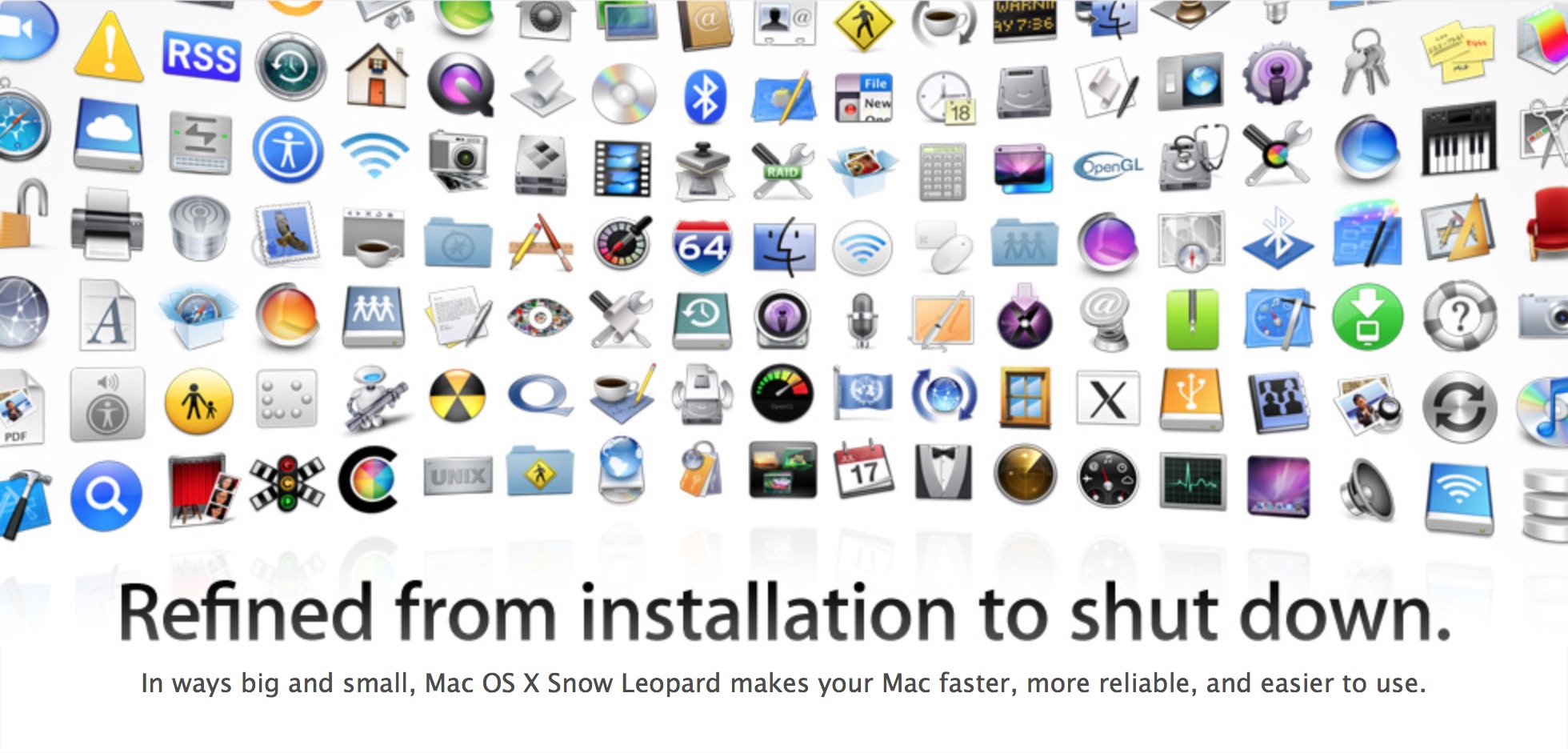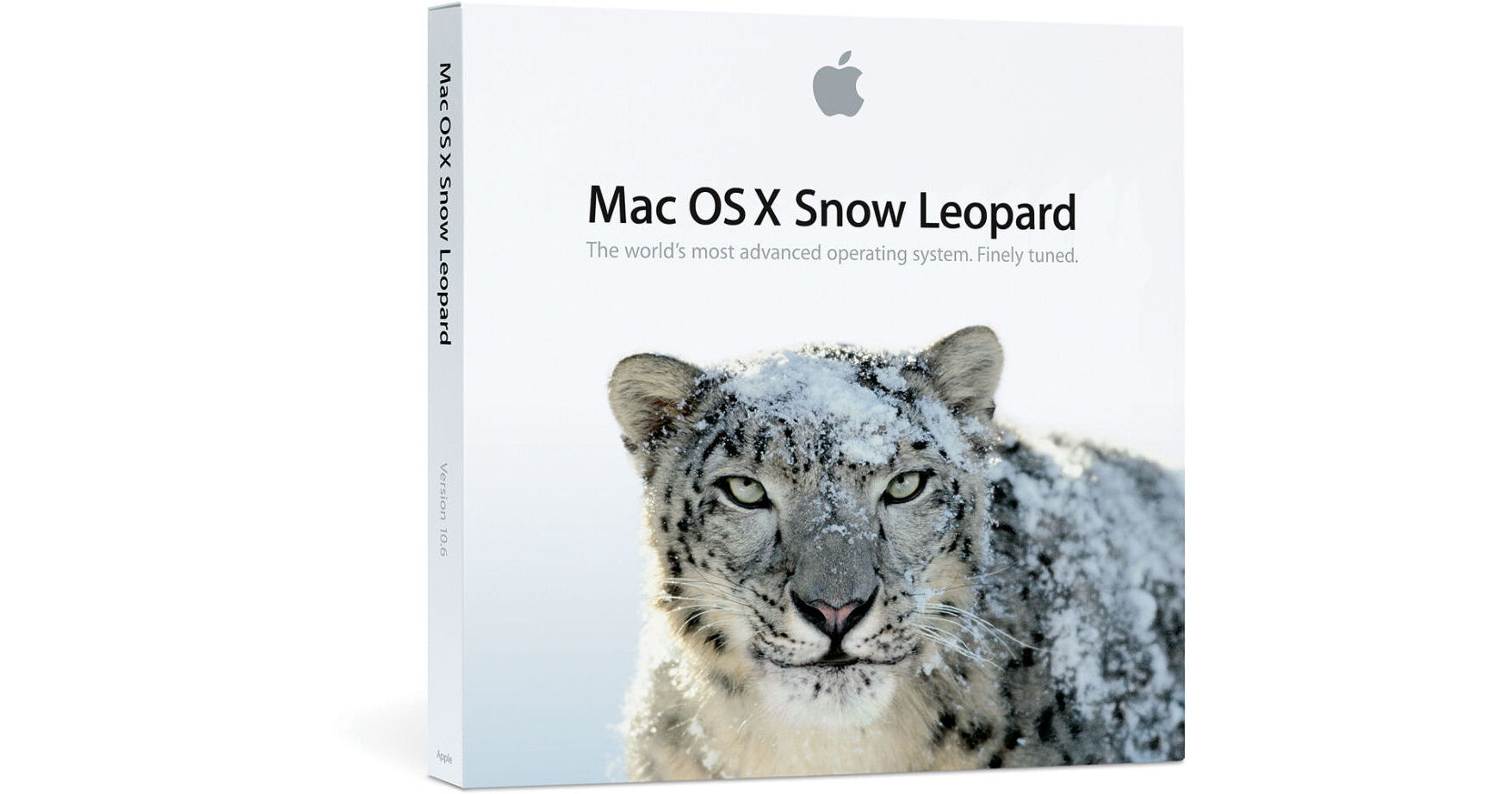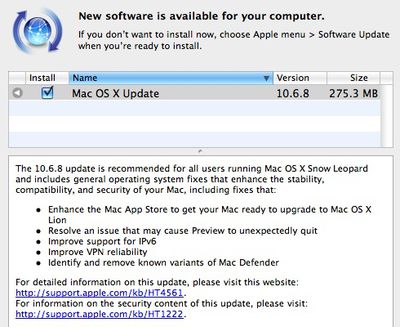

- #MAC OS X 10.6 SNOW LEOPARD GENERAL BUSINESS INFORMATION MAC OS X#
- #MAC OS X 10.6 SNOW LEOPARD GENERAL BUSINESS INFORMATION INSTALL#
- #MAC OS X 10.6 SNOW LEOPARD GENERAL BUSINESS INFORMATION UPGRADE#
- #MAC OS X 10.6 SNOW LEOPARD GENERAL BUSINESS INFORMATION PASSWORD#
So, copy this whole post & put it in a Text File & put THAT on your USB Flash drive too. YES, Terminal WILL let you copy & paste (of course, one is no good without the other). *** But Wait *** Don't type that command!! Copy it & Paste it!! That away you'll be sure to get it right. Sudo dd if=/Volumes/Mac\ HD/usr/standalone/i386/boot1h of=/dev/disk0s2 The drive you didn't boot from is named "Mac HD". The drive you booted from is named "Snow Leopard HD". You only have to type sudo once!! So if you mess up the command that MacMan has graciously given us, you don't have to type 'sudo' again. Also, in OSX from there on out YOU ARE root too, so any other commands you type can be dangerous.
#MAC OS X 10.6 SNOW LEOPARD GENERAL BUSINESS INFORMATION PASSWORD#
In the Terminal window once you type 'sudo' & the command, you'll have to enter your password to execute the command. Using "sudo" is sort of like "assuming the identity of root" from now on. You can arrow down to go down the page & press "q" to "quit" & get out of info. I suggest you take a couple of minutes to get the info on "sudo", by typing (yup, you guessed it!!) "info sudo" in the terminal window. You need to use "sudo" to make the command work. Since you probably don't know what that means, you can't use the command. I suggest you take a moment to understand what you're going to do next.įirst, you will not be able to use MacMan's command unless you can su to root first. Unmount the the first drive you built with the boot0 error, the "not booting" drive, that's named "Snow Leopard HD".

* Once your system is up, open Drive Utility. * Boot the system (to the only drive that works). If your drive is 6GB/S drive, you can now move it to the white SATA controller port too. * Put leave the smaller (good) drive in the system & put the bigger (not booting) drive in with it.

* Once THIS drive is built, you will NOT have the boot0 error, unless they change the architecture on the smaller drives too. ** NOTE ** I suggest that you name the partition something simple, like "Mac HD" & NOT the same thing you named your other boot partition.
#MAC OS X 10.6 SNOW LEOPARD GENERAL BUSINESS INFORMATION INSTALL#
* Install another 500GB HDD (could use a drive as small as 20GB as long as it's SATA or Solid State) & install SL exactly the same way on this drive, EXCEPT make only 1 partition as per TonyMacx86's original instructions. * When "done" have boot0 error, so remove this HD for now. * Install Snow Leopard as per 'regular' instructions. * Use Disk Utility to slice 1.5TB drive at 600GB boot partition, named "Snow Leopard HD" & the other 900GB partition named "Extra" * Build system as per instructions with 1.5TB HDD installed (you'll have to slice it up once you get to the installation). * Download Multibeast for Snow Leopard & save to USB Flash drive. & save to USB Flash drive with your DSDT.
#MAC OS X 10.6 SNOW LEOPARD GENERAL BUSINESS INFORMATION MAC OS X#
* Download SL 10.6.8 Combo Update from Apple, here: Mac OS X 10.6.8 Update Combo v1.1

* Download appropriate DSDT file for motherboard & save to USB Flash drive (I used a 4GB).
#MAC OS X 10.6 SNOW LEOPARD GENERAL BUSINESS INFORMATION UPGRADE#
* Purchase Snow Leopard upgrade DVD as per instructions above or here: Mac OS X 10.6 Snow Leopard - Apple Store (U.S.) 3 if you include putting the parts together to build your system. This looks like a lot of stuff, but the whole process only takes about 2 hours. I've use this post to make my Snow Leopard installation work too. Thanks for this MacMan! Of course, this works great (if used correctly). Use iBoot + MultiBeast to install Snow Leopardĥ. If you have access to a Mac, use the default UniBeast guide on it's own.Ģ. Here, in the simplest of terms, is the method for retail Mac OS X installation using iBoot, UniBeast, and MultiBeast without access to a Mac. Building a CustoMac Hackintosh: Buyer's Guide


 0 kommentar(er)
0 kommentar(er)
